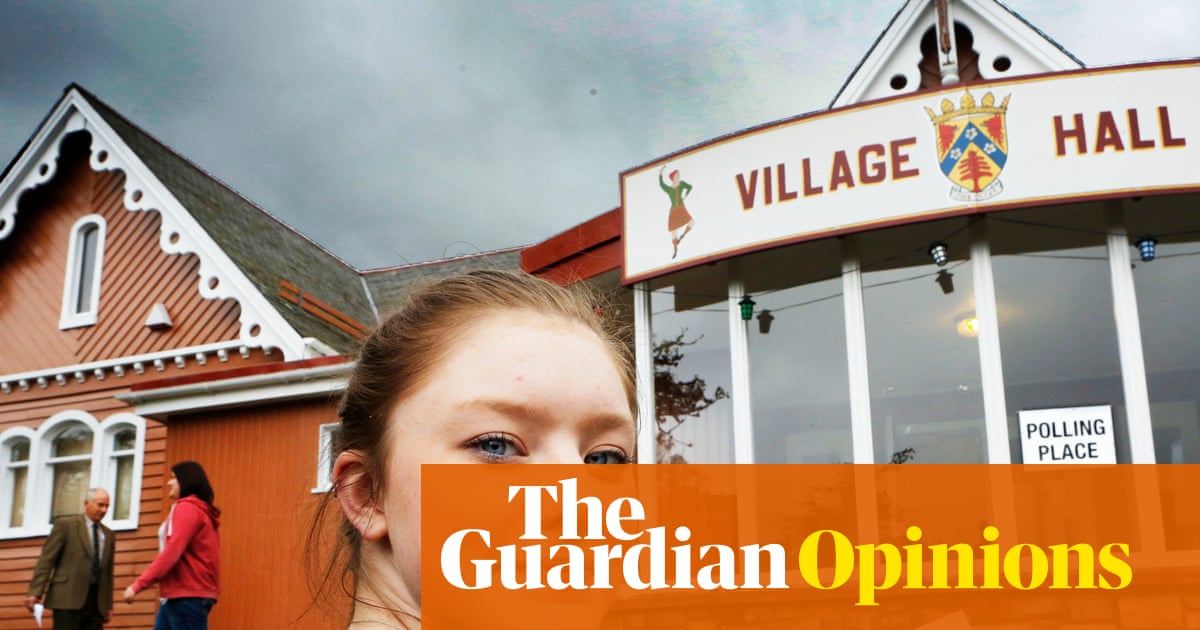
"Elections are imperfect reflections of public sentiment, but they are the least worst means to distribute political power. Each vote does count."
"The decision to lower the voting age by the 2029 general election marks the largest extension of the franchise in more than 50 years."
"Policies have too often favoured older voters with higher turnout rates, while the concerns of younger generations... go unheeded."
"A growing list of countries including Austria, Brazil and Argentina allow 16-year-olds to vote in national elections."
Lowering the voting age to 16 by the 2029 general election is a crucial reform, marking the largest extension of the franchise in over 50 years. Currently, 16- and 17-year-olds can work, pay taxes, and join the military but cannot vote. This change aligns England and Northern Ireland with the voting practices of Scotland and Wales. A system biased by age undermines its legitimacy; as younger generations feel overlooked, extending suffrage is vital for political inclusiveness and representation of their specific concerns, such as climate change and housing insecurity.
Read at www.theguardian.com
Unable to calculate read time
Collection
[
|
...
]